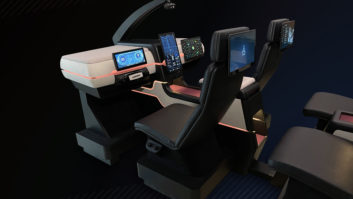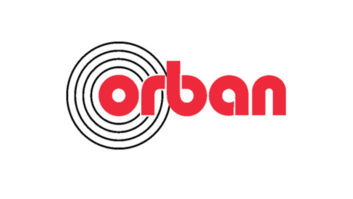Engineered for business
Dec 1, 2007 12:00 PM, Chriss Scherer
[email protected]
Engineers are good at many things. We have analytical minds. We can dissect a problem by evaluating the conditions, formulating possibilities and determining a course of action. We can usually learn the skills needed to accomplish a task. We have to be flexible to adapt to situations. On average, I would say that the engineer is the one person at the radio station who really could handle any job within the station. We may not do that job perfectly, but we can at least comprehend the duties and learn the skills.
At the same time, engineers are often bad at business. This is not necessarily a bad thing, but it has its problems.
Why do radio engineers choose their career in radio engineering? We obviously have the aptitude and the skills for the job, but there are other reasons. I think many engineers will tell you that they do their job because it’s not really like work. It’s like getting paid to practice a hobby.

That’s a blessing and a curse. Our personal reward of a job well done in defeating a challenge provides satisfaction, but many engineers tend to accept less than what they are worth. Engineers are often enablers, and through the desire to get the job done will unintentionally compromise their own circumstances. The compromise often affects these engineers financially.
I sometimes contract my engineering services for special projects. The rate that I charge depends on the project. While any project will utilize all my acquired knowledge, it may not use all my skills. That affects my rate. In addition, the level of decision-making on my part is considered in my rate. Simply building some wiring harnesses to a dictated spec is less involved than designing the logic routing of a networked system and then determining the necessary cabling requirements to build the harnesses.
The problem is not always directly tied to the salary. Consider this example.
You are a station employee. A project begins, and it is determined that a certain hand tool is needed for the job. You own this tool personally, but the station does not. What do you do: Buy the tool you need, or bring your own tool in to complete the project? For this discussion, let’s say that the tool is not a capital expense item.
When I was faced with this situation, I would first evaluate the need. If it was obvious that I would use the tool repeatedly, I would just buy it. (A station engineer should have a certain discretionary budget.) If I would only use it once, I didn’t mind loaning my tool to the station for that one-time use. The decision to buy the tool for the station happened when I needed the tool a third time. If I used my own tool once or twice, it was no big deal. If I needed it a third time, it was time to buy it.
Taking this tool scenario a step further, I have visited stations where employees have brought in their own equipment to help the station get through an emergency. The loaned equipment is still in place after many months or even years. Again, being a hero and saving the day is a good thing, but when the crisis is over, it’s time for the business to take care of its own needs.
It’s fine to help an employer in a crunch, but you shouldn’t have to subsidize the station with your personal equipment or tools.
Likewise, evaluate your own professional worth. Market conditions will affect this as well, but there are times when it is better to pass an undervalued opportunity so that you are available for a more lucrative one later.
Also watch for what I call the bright, shiny objects. Gracious praise in private, embroidered jackets or hats, and even food are nice, but they can devalue your worth. The praise should be public. The gifts should not be a substitute for fair compensation.
The short answer: Earn what you are worth.
What’s your opinion? Send it to[email protected]












